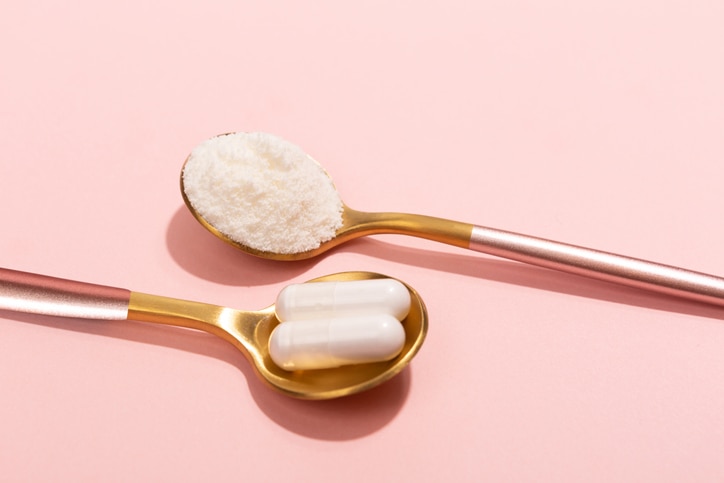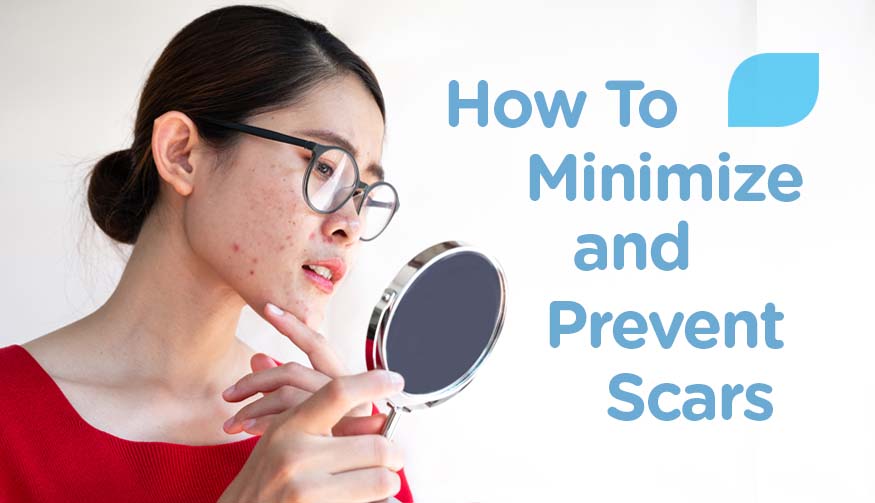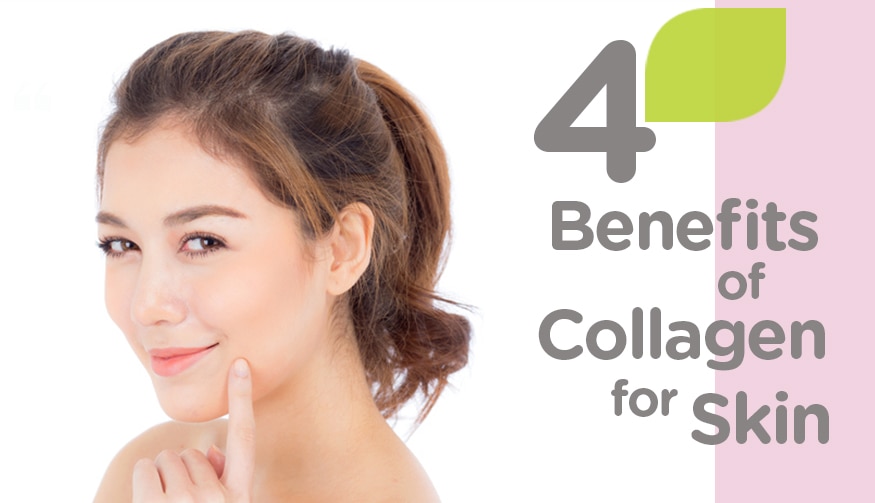What is collagen?
Collagen is the most abundant protein in the body and is naturally produced. It provides structure to our skin, hair, joints etc by binding our cells and tissues together. The production is in abundance when we are young, while it slows down gradually along with our age especially after our mid-20s.
The decline of production leads to the loss of skin’s youthfulness, with visible signs of aging such as wrinkles and sagging skin. Though there is no way to prevent the decrease of collagen production, the world is not doomed! You can indeed help your body to build or maintain collagen, both by applying skincare and taking dietary supplements.

Skincare
Retinol
Retinol, also called Vitamin A, helps promote new collagen formation by stimulating cells involved in collagen production. It also exfoliates and removes dead skin cells, resulting in a smoother and more even skin tone.
Collagen cream
To boost your skin’s collagen and moisture level, you can apply skincare products formulated with collagen amino acids or synthetic collagen.

Dietary supplements
Hydrolysed collagen – As the human body can’t absorb collagen in whole form, look for hydrolysed collagen – collagen broken down into small particles that are easier to absorb. Studies have suggested consuming hydolysed collagen could stimulate the production of new collagen.
Hyaluronic acid – Hyaluronic acid is a lubricating substance that is naturally produced in the body and is important for retaining collagen as well as to keep your skin hydrated and plumped. However, like collagen, the production of hyaluronic acid decline as we age. Therefore hyaluronic acid supplement has become a great star in anti-aging. A study shows that taking hyaluronic acid for 12 weeks can help reduce the appearance of fine lines and wrinkles. Consuming hyaluronic acid and collagen together helps the boost the efficacy of both.
Vitamin C – For the body to be able to produce and synthesize collagen, vitamin C plays a critical role as it is binds cells together during the production of collagen. The deficiency of dietary vitamin C will lead to the body’s inability to produce or retain collagen. Studies have shown that taking dietary vitamin C helps boost the collagen synthesis process in the skin, and reduce photo-damage including wrinkles and pigmentation.
Aloe vera– Consuming dietary aloe very supplementation helps reduce the visible signs of aging such as fine lines and wrinkles by promoting the creation of collagen in our body.










